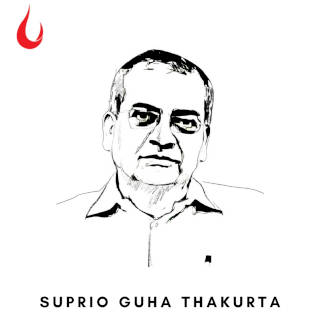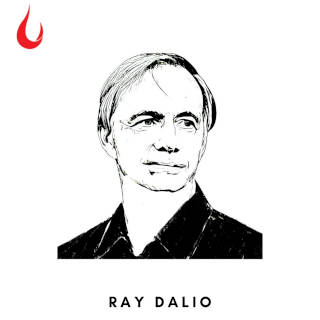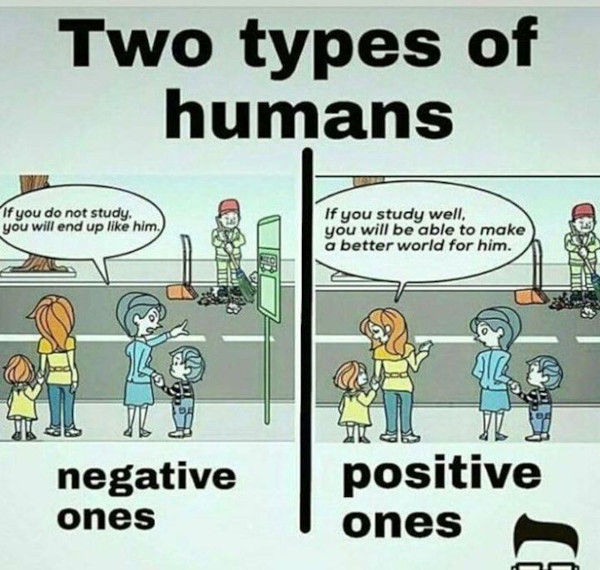[Photo by Helena Lopes on Unsplash]
Good morning,
We spent the weekend searching for optimism and found it on the pages on Rutger Bregman’s Humankind: A Hopeful History. In the chapter on power, he starts out talking about how it is impossible to discuss the theme without Machiavelli in it. So, Bregman does just that, albeit, with a twist. “The big advantage of Niccolo Machiavelli’s philosophy is that it’s doable. If you want power, he wrote, you have to grab it. You must be shameless, unfettered by principles or morals. The ends justify the means. And if you don’t look out for yourself, people will waltz right over you.
“According to Machiavelli, ‘it can be said about men in general that they are ungrateful, fickle, dissembling, hypocritical, cowardly, and greedy’. If someone does you a good turn, don’t be fooled: it’s a sham, for ‘men never do anything good except out of necessity’.
“Machiavelli’s book is often called ‘realistic’. If you’d care to read it, just visit your nearest bookshop and head for the eversellers… Given his theory’s popularity, it makes sense to ask if Machiavelli was right. Must people shamelessly lie and deceive to gain and retain power? What does the latest science have to say?
“Professor Dacher Keltner is the leading expert on applied Machiavellianism. When he first became interested in the psychology of power back in the nineties, he noticed two things. One: almost everybody believed Machiavelli was right. Two: almost nobody had done the science that could back it up.
“Keltner decided to be the first. In what he termed his ‘natural state’ experiments, the American psychologist infiltrated a succession of settings where humans freely vie for dominion, from dorm rooms to summer camps. It was in precisely these kinds of places, where people meet for the first time, that he expected to see Machiavelli’s timeless wisdom on full display.
“He was disappointed. Behave as The Prince prescribes, Keltner discovered, and you’ll be run right out of camp. Much as in prehistoric times, these mini-societies don’t put up with arrogance. People assume you’re a jerk and shut you out. The individuals who rise to positions of power, Keltner found, are the friendliest and the most empathic. It’s survival of the friendliest.”
Have a good day.
In this issue
- How Clubhouse keeps users engaged
- Ray Dalio on Bitcoin
- What kind of a human are you?
Suprio Guha Thakurta on how Clubhouse keeps its users engaged
If you are on Clubhouse, you might have found yourself spending significant amounts of time on the app, listening and participating in conversations. It’s still small—available only on iOS, which has less than 4% market share in India, and accessible only through invitation by existing users—but many of the users get hooked to it fast. Suprio Guha Thakurta, partner at AcceleroBiz LLP and Ex-Chief Strategy Officer, The Economist Group, uses Nir Eyal’s Hook Model to explain the phenomenon.

“Getting large numbers to download an app is one thing. Getting them to stay engaged and not to go dormant or worse delete the app needs a lot of work.”
Triggers: Right now, the external triggers are in full flow. Notifications of rooms coming up and live by folks I follow and also rooms live now based on my stated interests.
Action: The moment I click on a notification I am taken straight to the room. I have taken action. If I stick around and feel I like what I am hearing I may end up ‘raising’ my hand. To ask a question or contribute with my knowledge. I have been a learner and a teacher in different groups that I have been in and I suspect that would be true for most unless you are just sitting around in the room you have started.
Variable Rewards: The variable rewards then kick in. Raising your hand usually gets you on stage but not always if the room is really large. However, when you do speak and people clap at what you are saying and start following you, the dopamine starts kicking in. And if a moderator (who you respect) spots you in the room and either because she has heard you before or is impressed with your bio, invites you as a speaker the high is even better.
Investment: The investments that people are making are starting their own rooms (they disappear after you close it) and clubs (which are permanent) eg Marketing Club, under which each day rooms are launched on various topics. Some of these rooms are on 24 hours! With multiple moderators taking turns.
Dig deeper
(PSA: In this week’s FF Recommends, our panel of heavy-duty users will share their tips on how to make best use of Clubhouse—as a listener, as a speaker, as a moderator, or as someone who wants to build a community on the new app. It will be in your inbox this Saturday at 8 am.)
Ray Dalio on Bitcoin
Last week, Bitcoin prices surged to an all time high on Wall Street and breached the $48,000 barrier. All eyes were on this cryptocurrency as mainstream entities globally started to look at it as an asset class worth allocating funds into. Even as they were doing that, there were notes of caution being struck at the highest echelons of policy making that this can be deployed as a tool to finance drug trafficking and terrorism. And then the maverick Ray Dalio placed his thoughts on Bitcoin in the public domain.

“Regarding privacy, it appears that Bitcoin will unlikely be as private as some people surmise.”
“I believe Bitcoin is one hell of an invention. To have invented a new type of money via a system that is programmed into a computer and that has worked for around 10 years and is rapidly gaining popularity as both a type of money and a storehold of wealth is an amazing accomplishment. That, like creating the existing credit-based monetary system, is of course a type of alchemy—i.e., making money out of little or nothing. It, like the making of credit that made bankers rich starting with the Medicis around 1350, is making its inventors and those who got in on it early very rich and has the potential to make many more people very rich and to disrupt the existing monetary system. Those who have built it and supported the dream of making this new kind of money a reality have done a fabulous job of sustaining that dream and moving Bitcoin (by which I mean it and its analogous competitors) into being an alternative gold-like asset.”
He then went on to point out what the downsides may be. “Since the way Bitcoin works is fixed, it won’t be able to evolve and I presume that a better alternative will be invented and pass it by. I see that as a risk.”
Dig deeper
- What I think about Bitcoin by Ray Dalio
What kind of a human are you?

(Via WhatsApp)
Tell us what you think and find noteworthy.
And if you missed previous editions of this newsletter, they’re all archived here.
Bookmark Founding Fuel’s special section on Thriving in Volatile Times. All our stories on how individuals and businesses are responding to the pandemic until now are posted there.
Warm regards,
Team Founding Fuel
(Note: Founding Fuel may earn commissions for purchases made through the Amazon affiliate links in this article.)



